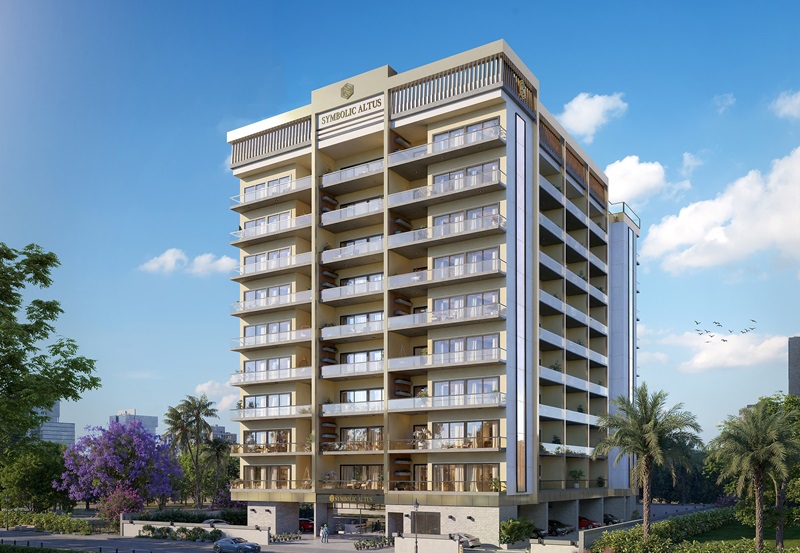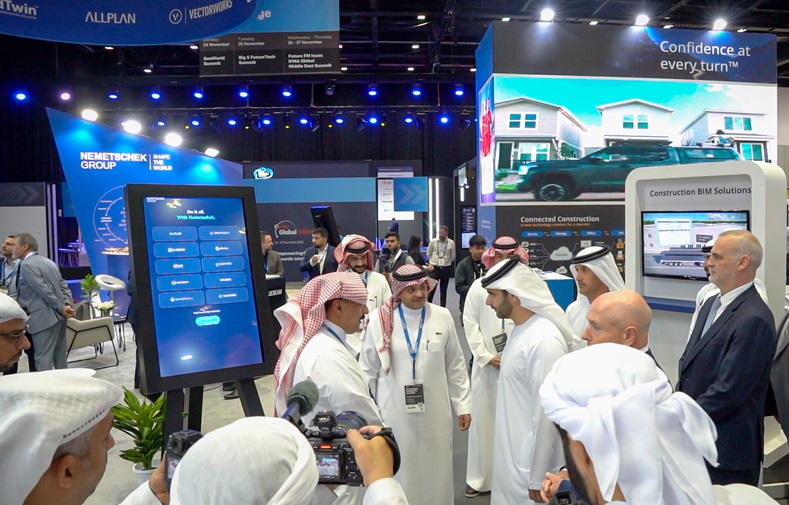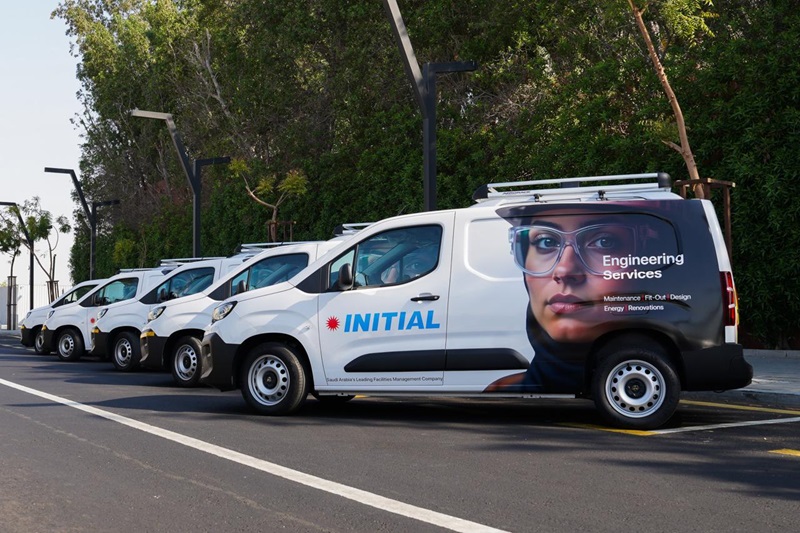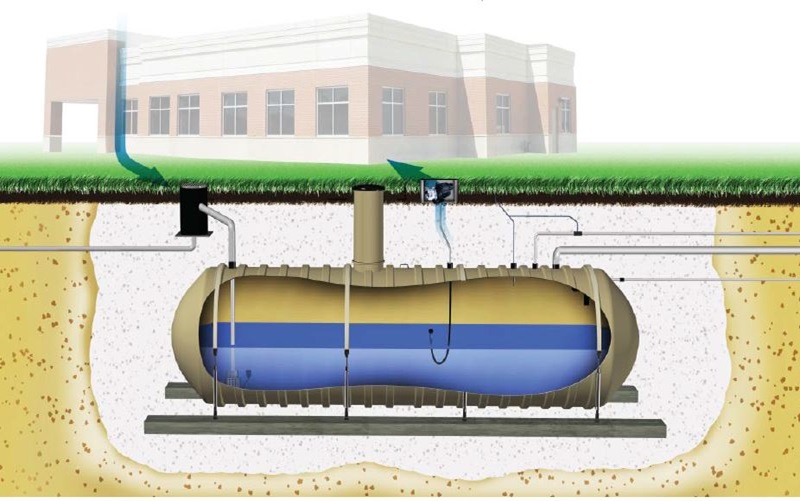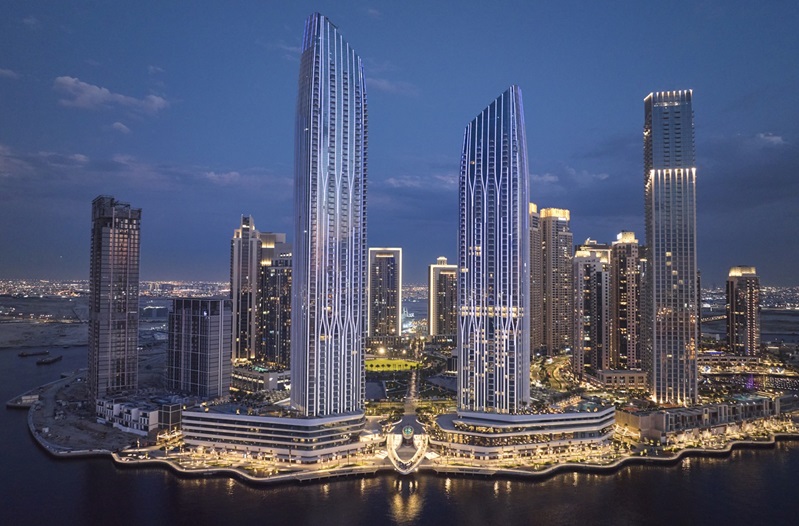
As it continues its journey in the development of infrastructure, facilities, and monumental projects, the evolving needs of the Kingdom are paving the way for its transformation into a global leader in the facilities management sector.
The Integrated Facilities Management Industry is estimated to grow to USD $87,216 million by 2030 from the current size of USD $31,264 million, according to the Prescient & Strategic Intelligence market report. The report projects a CAGR of 11.1% for the IFM industry in Saudi Arabia for the coming decade.
Built Environment ME spoke to experts in Saudi Arabia’s FM industry to understand how their organisations are stepping up for the change brought about due to the phenomenal growth and expansion.
Technology as the enabler
As in any other industry, data-driven decision-making is a critical success factor for the FM ecosystem.
As an agile and dynamic player in the facility management market, Takamul AlOula Facilities Management (TOFM) operates around the three key principles of people, process, and technology.
“Technology is crucial to enhancing TOFM's service delivery, with the integration of Computer-Aided Facility Management (CAFM) systems proving transformative. It streamlines operations, improves efficiency, and elevates service quality,” said General Manager, Mohamad El-Khayat, TOFM.
 (1).jpg) “CAFM real-time data monitoring enables proactive facility management, allowing us to anticipate and mitigate potential issues before they escalate, saving downtime and operational costs. CAFM has also optimised space and asset management, maintaining a database of our physical assets and their lifecycle, enhancing resource allocation and strategic decision-making,” El-Khayat added.“We have integrated our Building Management Systems (BMS) with CAFM, adding another layer of efficiency and control. In summary, technology, particularly CAFM, has revolutionised our service delivery, making us more responsive, proactive, and efficient, leading to improved client satisfaction,” he remarked.
“CAFM real-time data monitoring enables proactive facility management, allowing us to anticipate and mitigate potential issues before they escalate, saving downtime and operational costs. CAFM has also optimised space and asset management, maintaining a database of our physical assets and their lifecycle, enhancing resource allocation and strategic decision-making,” El-Khayat added.“We have integrated our Building Management Systems (BMS) with CAFM, adding another layer of efficiency and control. In summary, technology, particularly CAFM, has revolutionised our service delivery, making us more responsive, proactive, and efficient, leading to improved client satisfaction,” he remarked.
The Initial Saudi Group has been delivering business support services to organisations in the Kingdom of Saudi Arabia for more than 38 years.
“Digital transformation plays a crucial role in enabling FM companies to gain a competitive advantage and deliver exceptional customer experiences. By leveraging technology, they can streamline processes, reduce costs, and automate repetitive tasks,” said Jason Ruehland, Group CEO, ISG.
“FM companies can provide personalised and seamless customer experiences across multiple channels. They can utilise digital channels such as chatbots connected to CAFM systems, social media, and email to support and engage the customer in real-time. This instant accessibility and responsiveness contribute to a positive customer experience and foster long-term relationships. A lot of the digital technology is also moving to low as well as no-code development platforms, this allows FM companies build innovation in house, stay agile,” added Ruehland.
As the FM industry in Saudi Arabia continues to transform, the greater adoption of technology to drive operations and promote transparency in business is undoubtedly, one of the most prominent changes impacting the FM industry.
“For the FM companies who have adopted technology to scale up operations and drive efficiencies, this serves as the biggest differentiator in delivering customised services to customers. Also, automation through technology helps FM players reduce repetitive tasks and allocate human resources to attend to more productive tasks within the FM business value chain,” said Fazal Mukadam, FM Director-Corporate, Al Yamama.
“For the last six decades, Al Yamama is serving in the Kingdom and is gradually adapting every aspect of technology is being introduced in the FM industry, apart from the CaFM software we are into smart solutions integrated with AI to manage our operational efficiency which also includes the robotic machines and wearable sensors to reach the optimum level of service transparency and client satisfaction,” added Mukadam.
He further explains that one of the biggest challenges in the adoption of AI technology is the initial cost of technology investments and implementation of technology is very high for most of the small independently run FM businesses. Other complex challenges impacting technology adoption by FM players relate to the lack of customised solutions. For example, most of the technology solutions including AI service offerings are generic and lack the kind of customization that the moving industry seeks. Even the rapid adoption of technology in facilities management, tech literacy has become elemental. Integrating AI-driven automation or innovative building systems requires substantial technical competency from those overseeing these processes. Adapting to ever-dynamic facilities management software trends can prove daunting for those unaccustomed to such innovations.
Additionally, cybersecurity threats loom large over this digitally inclined landscape. Protecting data integrity within various facility management software continues to be a vital concern for facilities managers aiming to safeguard their operational efficiency.
Energy management
For facilities management companies, the macro-economic drivers are the giga projects that dot the country’s landscape. However, their projection for the future takes into account the challenges posed by climate-change and tracking the carbon footprint is becoming an increasingly important consideration for businesses.
“From ESG reporting and sustainability to harnessing IoT and connected devices, facilities managers are having access to a variety of new tools and technologies to help them in better monitoring and improved building operations,” observed Habib Ahmed, Managing Director & CEO, ESAD Services Group when asked about the trends shaping the FM landscape.
He believes that the way forward for the industry lies in creating sustainable workplaces and adopting energy efficiency, waste reduction and sustainable materials.
“TOFM acknowledges the urgency of climate change and adopts an energy management programme consistent with the Saudi Vision 2030. We have invested in energy-efficient technologies, including LED lighting and Variable Refrigerant Flow (VRF) HVAC systems. Energy auditing and management systems aid in continuously monitoring and enhancing our energy consumption,” said El-Khayat.
“We have modified operational practices to optimise energy usage, such as increasing preventive maintenance frequencies, installing added motion and presence sensors, and adjusting air conditioning systems' operating temperatures and set points.
Our carbon reduction strategy includes the use of renewable energy sources. We have installed a solar power system, significantly contributing to our carbon footprint reduction. Promoting a culture of sustainability, we encourage employees to adopt eco-friendly practices like recycling and waste minimisation,” added El-Khayat.
Talent acquisition and development
Recruiting and developing talent through ongoing mentoring and training initiatives is of high significance.
“At Initial Saudi, we have developed in-house programmes to train and develop talent for the FM Sector,” commented Reuhland.
The FM organisations are taking up several changes to meet the diverse and growing demands of the market. By embracing cutting-edge solutions and sustainable practices, FM companies in the Kingdom are driving enhanced operational efficiency, user experience, and sustainability.


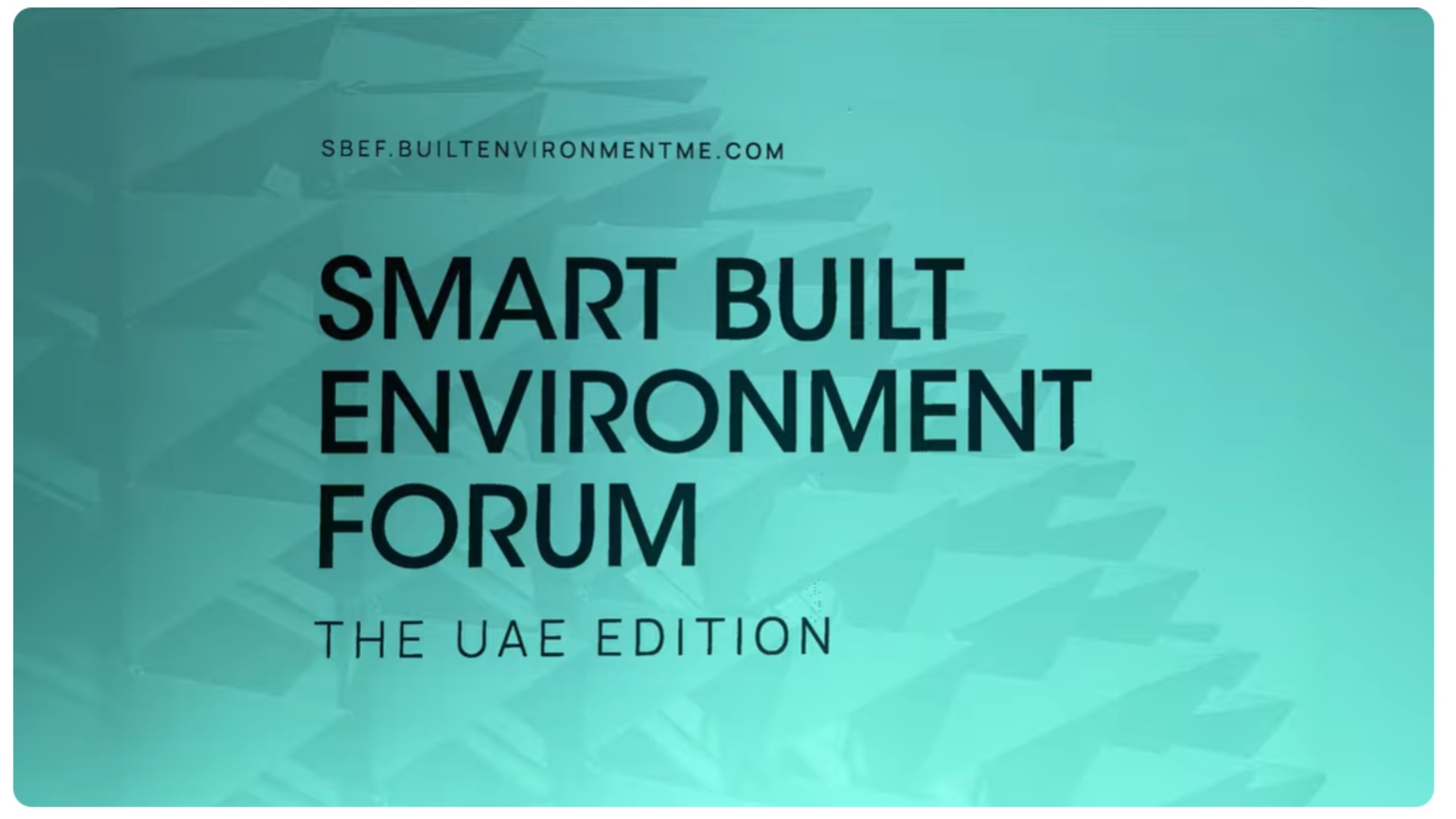
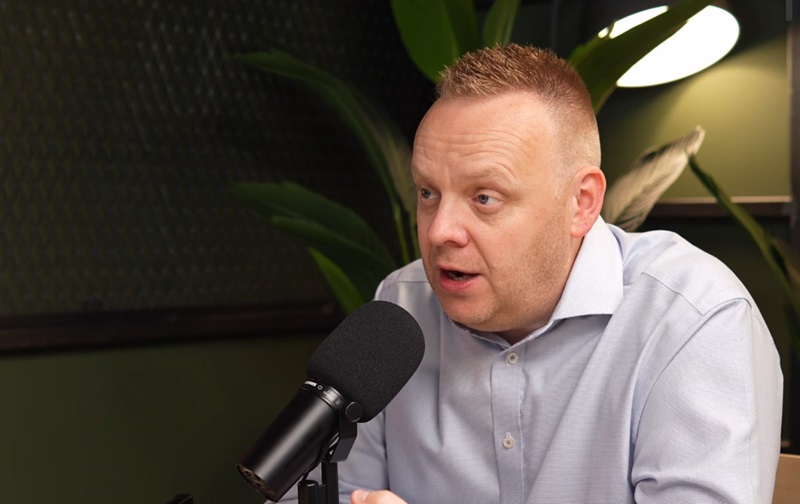




.jpg)
